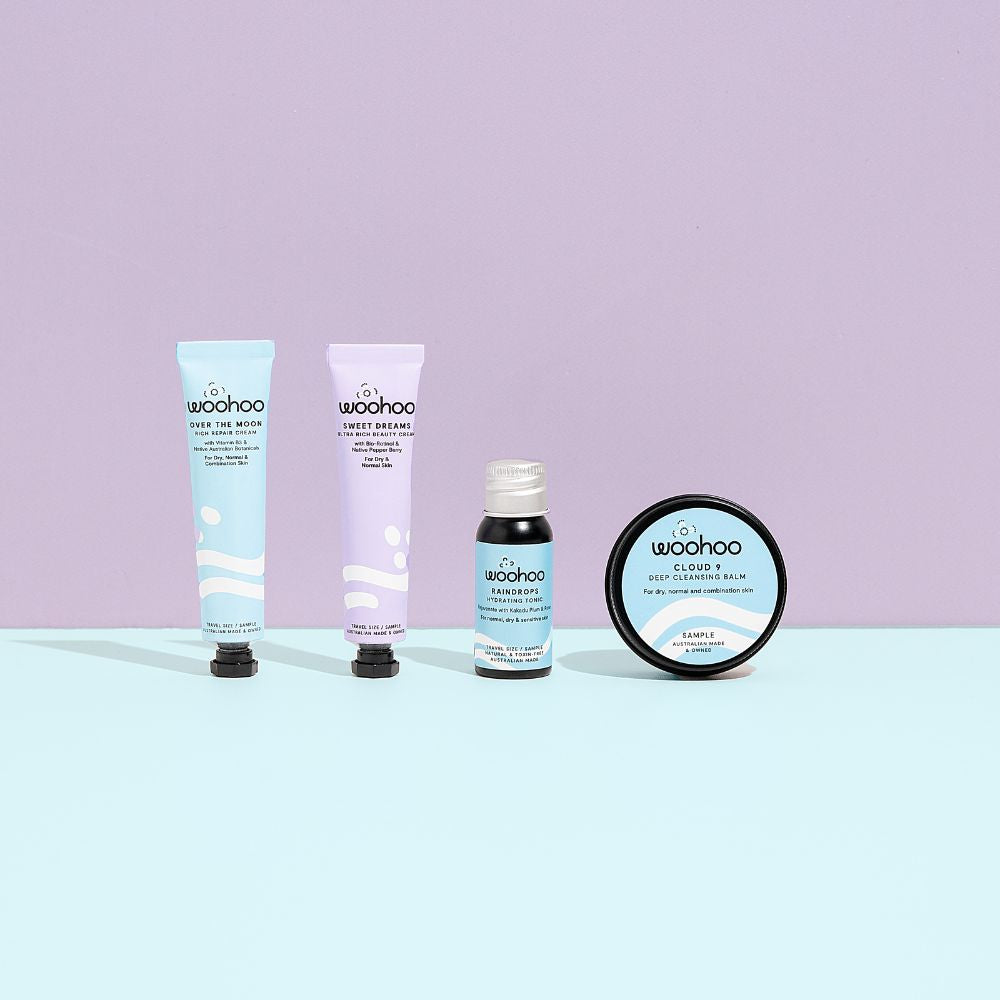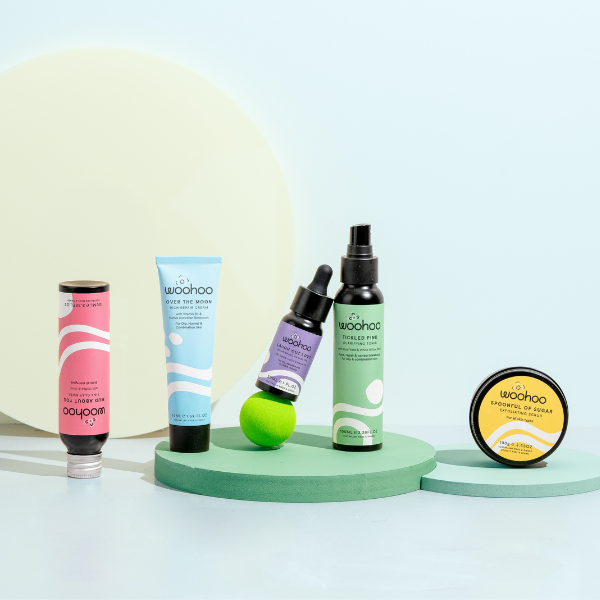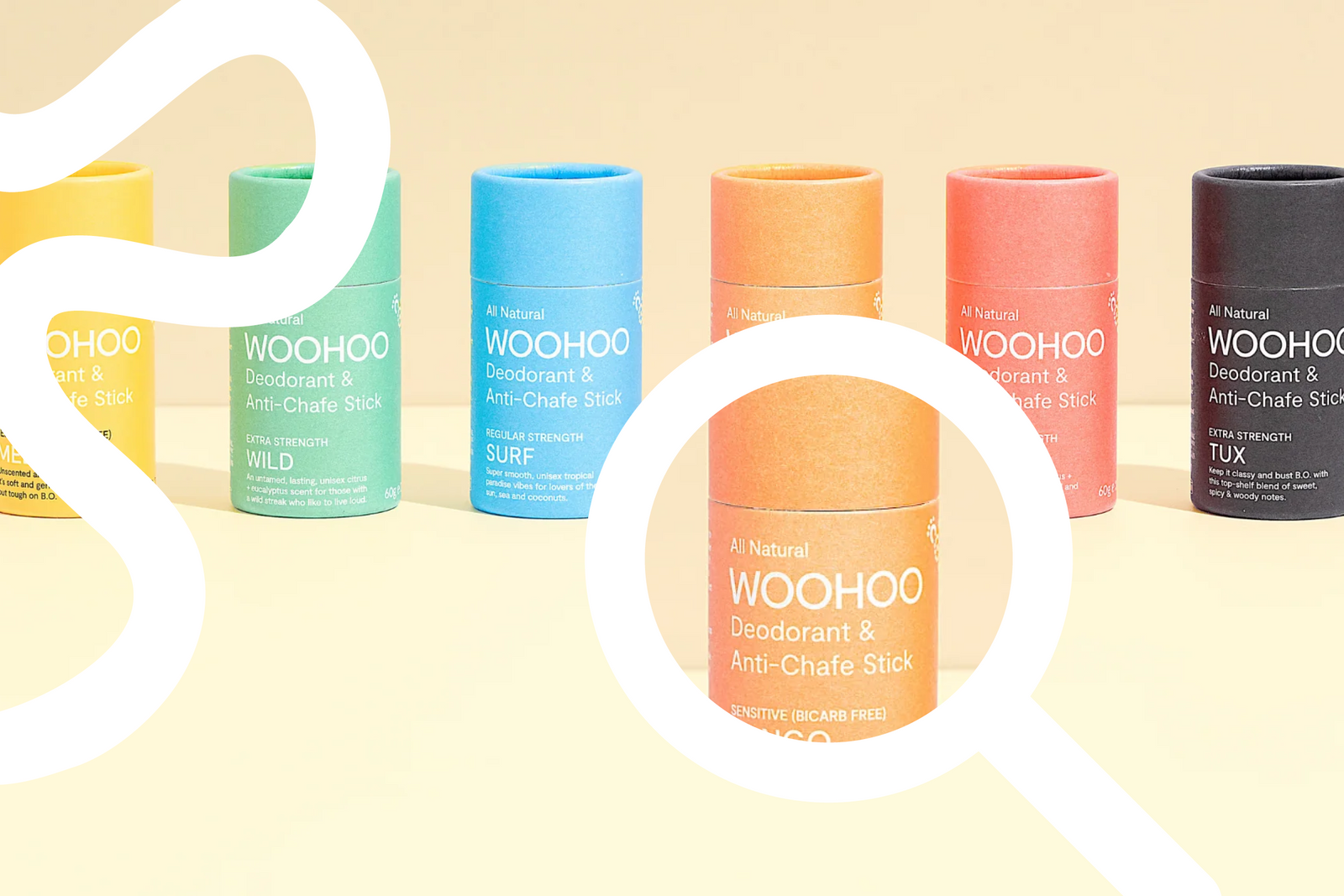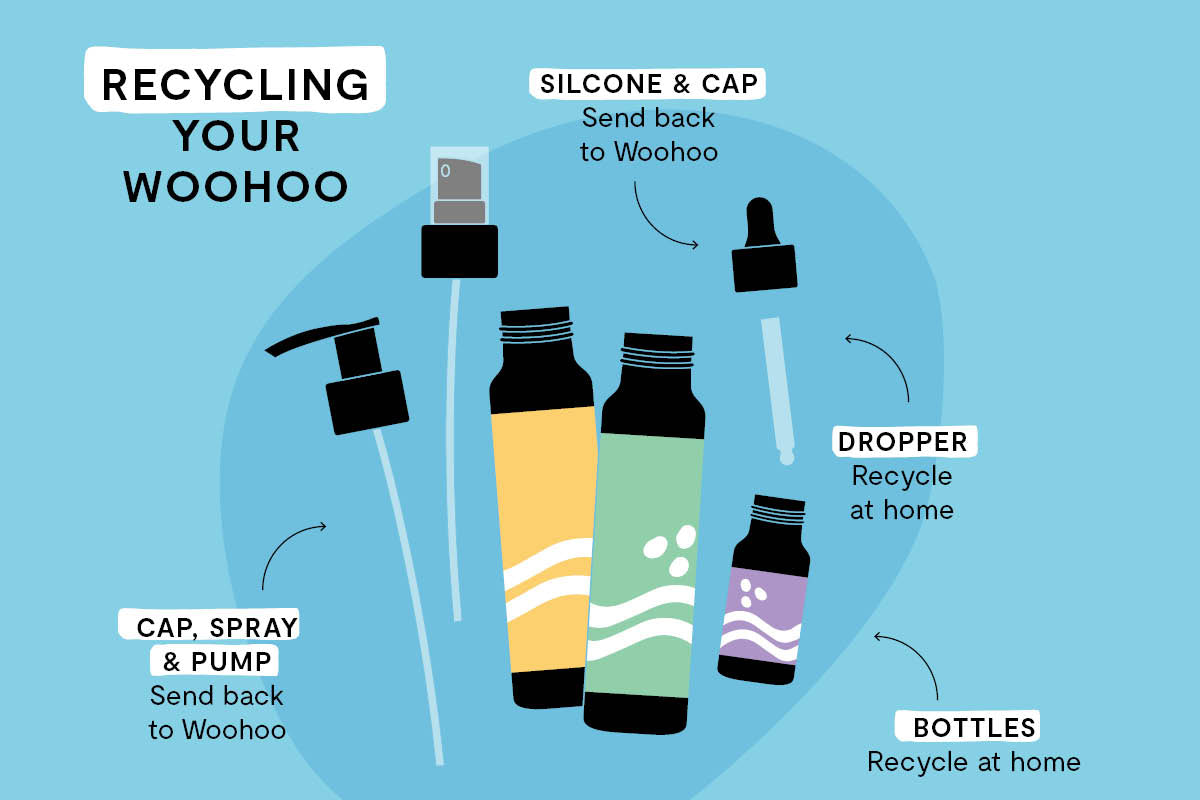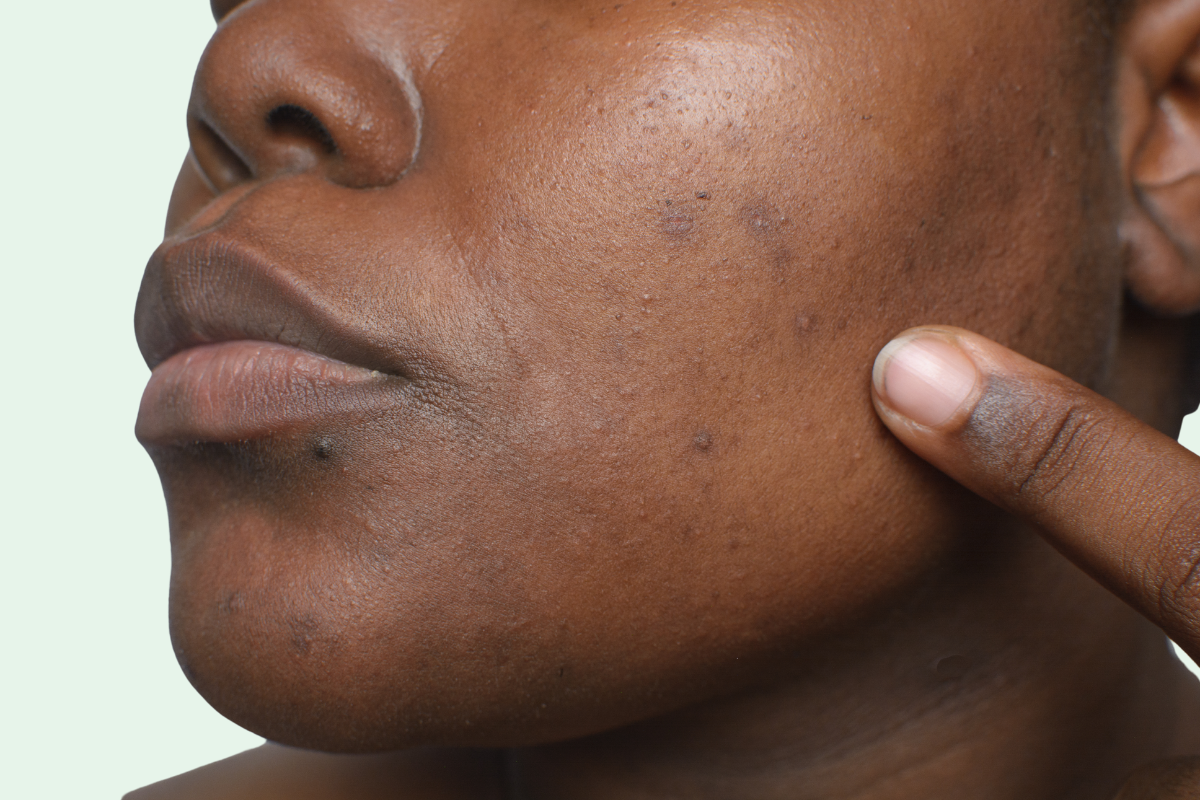
Sun spots are something that can get you all muddled up, especially in the land of Oz.
Skin cancer is a real risk so when we hear the words “sun spot” we immediately think of melanoma and start to worry.
We really should go easier on ourselves because most of the time that worry can be avoided if we used less confusing names.
However, before jumping into this further we do need to say that if you do have a skin spot that doesn’t look right and you are worried, go and have it checked. Better safe than sorry!!
Sun spots, liver spot and age spots are all the same thing.
For some crazy reason the term “sun spot” is used to describe a “liver spot” or “age spot”. If you’ve got a sun spot, it doesn’t mean you have skin cancer, but it DOES mean you have some sun damage.
If you want get all official they are called Solar Lentigines. They’re the little brown (or sometimes white) spots that appear on your skin due to being exposed to the sun for too long over the years.
They’re most common if you’re on the other side of 50 but anyone can get them, and it’s all related to the melanin in your skin.
What the bajeebus is melanin?
Melanin is the pigment in your skin that causes it to tan when you spend time in the sun. It does this to protect the lower levels of your skin from damage.
The brown spots come about when your skin goes into melanin overdrive and produces too much, forming little clumps of pigment. These clumps don’t fade but rather remain as little brown liver spot or age spot.
The white spots are the opposite – your skin has lost the ability to make melanin, and it loses its pigment altogether. (Don’t confuse these small white spots with Vitiligo, a condition which causes much larger white areas – if in doubt, see your skin specialist).
Should I be worried about my sun spots?
They can look more suspicious than a wolf in sheep’s clothing but if they are true age spots then they are harmless. They don’t pose a health risk, but for cosmetic reasons they can be removed in some cases.
How can I remove my sun spots?
If your sun spots are brown you’re lucky because there’s a really non-invasive way to fade them :)
There are some great botanical extracts out there but in our experience, nothing beats Vitamin C for fading age spots. It’s not a quick fix or even a complete fix but Vitamin C can help fade age spots.
The Perfectly Happy Light Anti-Oxidant cream is a favourite but for a real Vit C kick we can’t go past the Happily Ever After Eye Serum (even though it’s called an eye serum, you can use it on your other problem areas too)!
Unfortunately the news isn’t so good for white spots, as there’s no known way to get that pigment back. You could try lightening the darker areas around your white spots to make them less noticeable though.
Whether your spots are white or brown, using a good zinc based sunscreen will help prevent more spots from forming. We’re fans of the Eco Logical sunscreen range (and hoping to make a sunscreen of our own one day too).
For faster results dermabrasion, laser therapy, light therapy and chemical peels can be used. BUT these all have side effects, so it is best find specialised clinic if you wanted to go down that path.
What if it’s not a harmless age spot?
In the early stages something more serious can look like a plain old age spot. So here are some questions to be mindful of if you are wondering if you need to get something checked:
- Is it darkly pigmented?
- Is it new?
- Is it rapidly increasing in size?
- Does it have an irregular border?
- Does it have unusual combination of colours?
- Is it accompanied by itching, redness, tenderness or bleeding?
If you answered yes to any of the above then it best to get it looked at. The earlier you can detect something the better.
Aaron can vouch for this. During the week he had a basal cell carcinoma removed from his neck. The dermatologist picked up very early and it was tiny but he is still sporting about 7 stitches. But if left untreated it could have been much worse.
If you have fair skin like Aaron, it’s a good idea to get into the habit of having an annual check with a skin specialist. Even if it’s just for peace of mind ;)
